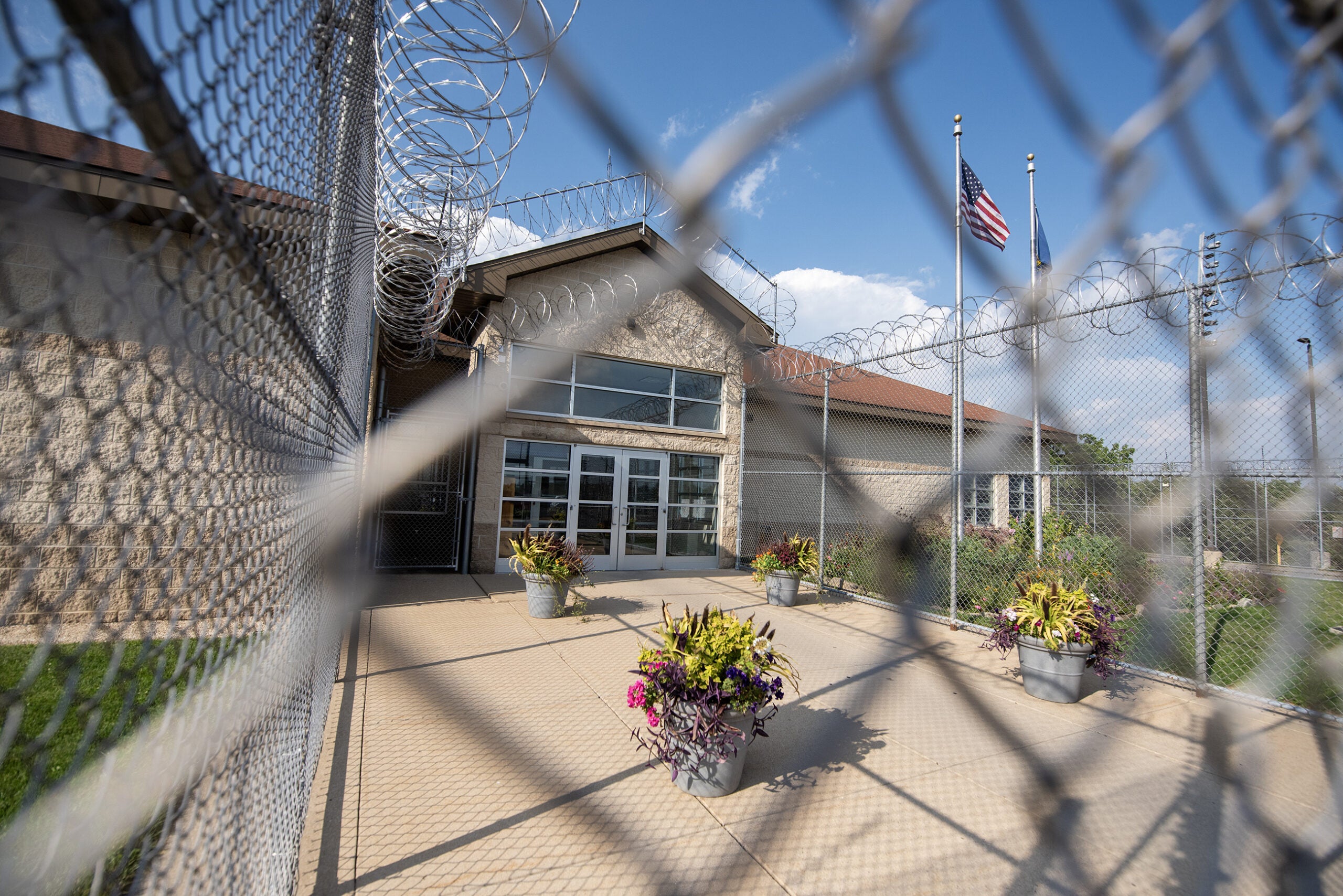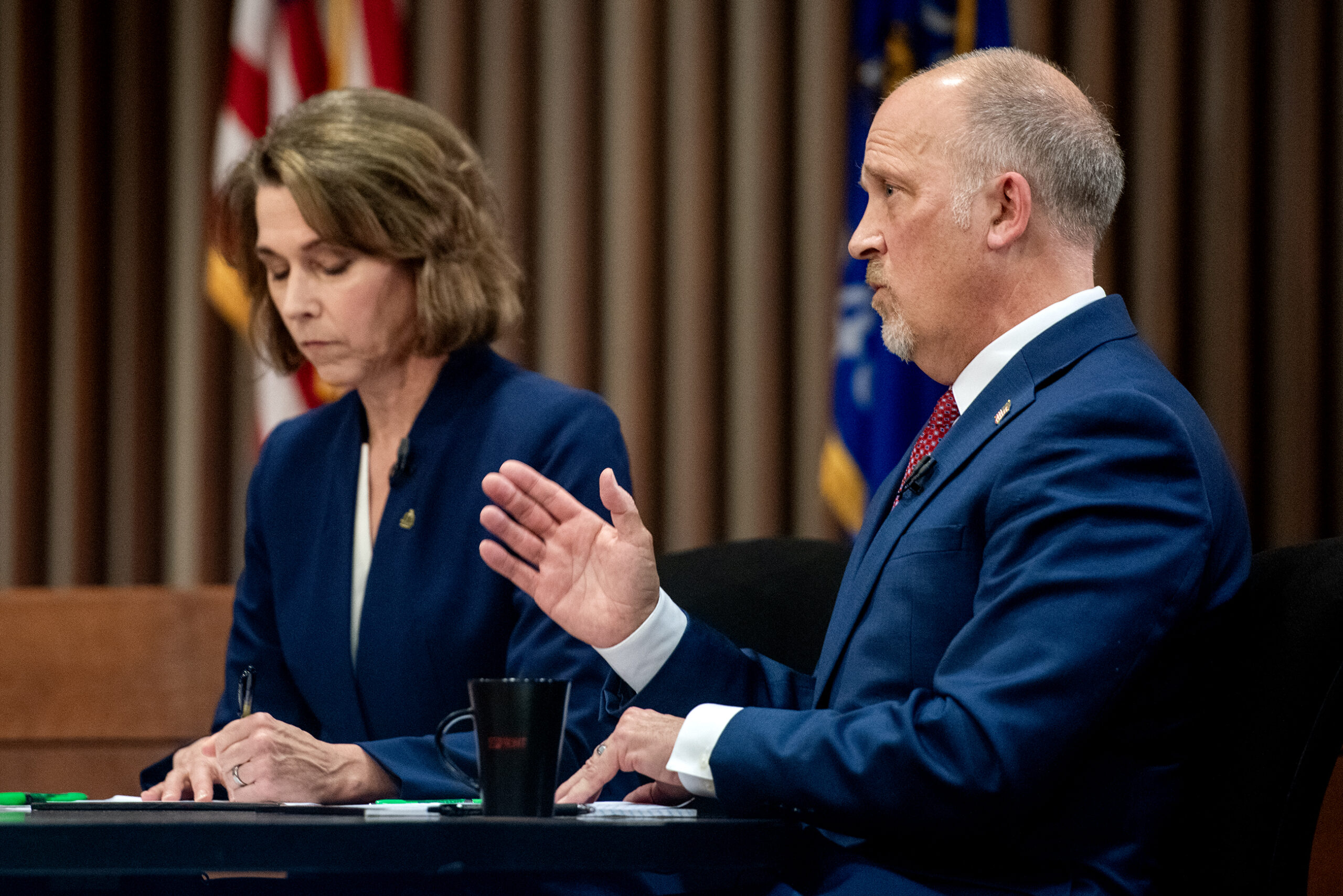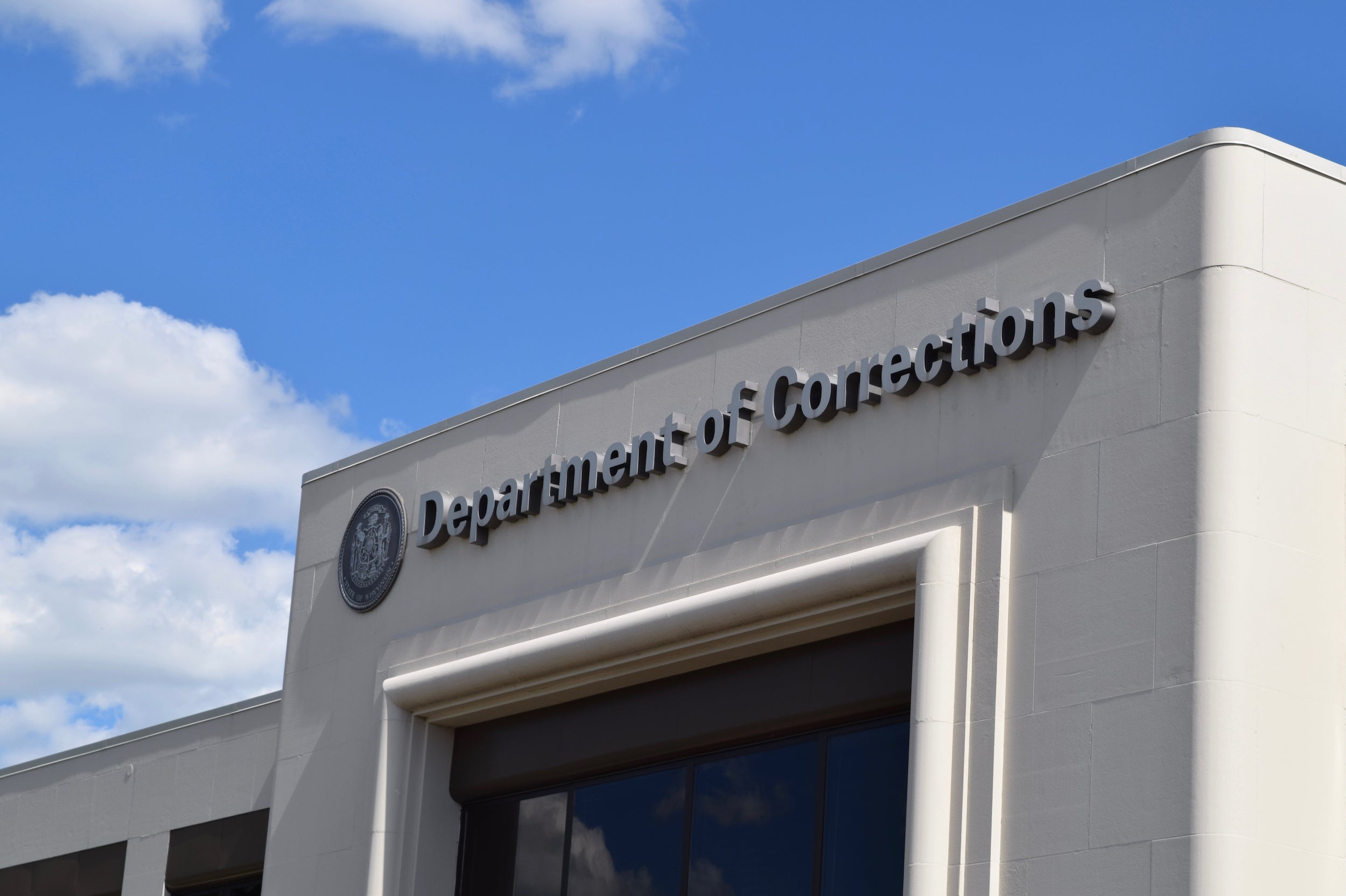The new head of the Wisconsin Parole Commission is inching closer to confirmation by Wisconsin’s state Senate.
Former Democratic state Sen. Jon Erpenbach has been leading Wisconsin’s parole commission since his appointment by Democratic Gov. Tony Evers in mid-January. He replaces former Chair John Tate, who resigned from the commission last year after being criticized for paroling a convicted murdered who’d served less than a third of his original 80-year sentence.
During a hearing Wednesday before the Senate’s Committee on Judiciary and Public Safety, Erpenbach promised to meet with any crime victims or family members who wish to be heard.
Stay informed on the latest news
Sign up for WPR’s email newsletter.
“Part of the reason why there were the breakdowns that there were at the parole commission is the lack of communication from above down to the commissioners and to the staff,” Erpenbach said. “That’s why making sure the communication flows better not only to the victims, but to the staff, as well, (is important).”
As chair, Erpenbach decides whether to release prisoners on parole, assuming they committed crimes before the year 2000 and meet other criteria. Those decisions require striking a balance, Erpenbach said Wednesday.
“Can inmates be rehabilitated? Absolutely they can,” Erpenbach said during Wednesday’s hearing. “Do people deserve a second chance for the most part? Yes, they do. Are there going to be situations where inmates are going to spend the rest of their life in prison? Probably.”
Sen. Van Wanggaard, R-Racine, who chairs the Senate’s Judiciary Committee, says he supports having that committee recommend Erpenbach’s confirmation to the full Senate. A timeline for that vote to confirm Erpenbach has yet to be set, however.
Although Erpenbach can continue to serve as the commission’s chair even without the Senate’s OK, unconfirmed appointees are vulnerable to being fired later by lawmakers.
Tate, who was Erpenbach’s predecessor, resigned last summer at the governor’s request, amid blowback over Tate’s decision to parole Douglas Balsewicz. In 1997, Balsewicz was sentenced to prison for stabbing his estranged wife Johanna Balsewicz to death in front of their young children after she had attempted to divorce him. State officials later rescinded Douglas Balsewicz’s parole.
Last month, a judge dismissed a felony corruption charge against Tate after Racine County prosecutors accused him of using his position as a Racine alderman for private gain. They alleged Tate used his position as alder to help create and negotiate the employment terms of a new violence interruption coordinator position, before later applying for and receiving that position.
Committee hears testimony on ‘Johanna’s Law’
Members of Johanna Balsewicz’s family heard Erpenbach’s testimony in-person on Wednesday. They had joined the judiciary committee’s meeting to advocate for a bill that lawmakers have dubbed “Johanna’s Law.”
Currently, state law instructs the Department of Corrections to make a reasonable attempt to notify victims within seven days of someone being released on parole or extended supervision. The bill would change that timeline to 30 days. It would also require a prisoner to submit to psychological evaluation before being released.
Marianne Oleson, an activist with EX-incarcerated People Organizing of Wisconsin, told lawmakers Wisconsinites already suffer from substandard access to mental health care while behind bars, and she questioned the fairness of those proposed evaluations. She worried the changes would make it harder for people to be paroled.
“Please don’t put more barriers in front of the barriers that are already there,” Oleson said.
But Sen. Julian Bradley, R-Franklin, a sponsor of the bill, argued it would ensure state officials are better meeting the needs of families like Johanna Balsewicz’s.
“‘Johanna’s Law’ will improve the parole process by ensuring that the commission has more information available to inform their decisions, and providing more appropriate notifications for victims and communities that are impacted,” he told the committee.
Last year, just over 200 people were released from Wisconsin prisons on parole, according to a Department of Corrections dashboard. Wisconsin’s Parole Commission is required by law to consider parole for prisoners convicted of felonies on or before Dec. 31, 1999.
People who were sentenced after Wisconsin’s “Truth in Sentencing” law took effect in 2000 are released from prison under a different schedule, known as extended supervision. Under that law, a judge sentences someone to a set time behind bars. Once they’re released from prison, people convicted of crimes are still subject to extra restrictions.
Wisconsin Public Radio, © Copyright 2025, Board of Regents of the University of Wisconsin System and Wisconsin Educational Communications Board.







